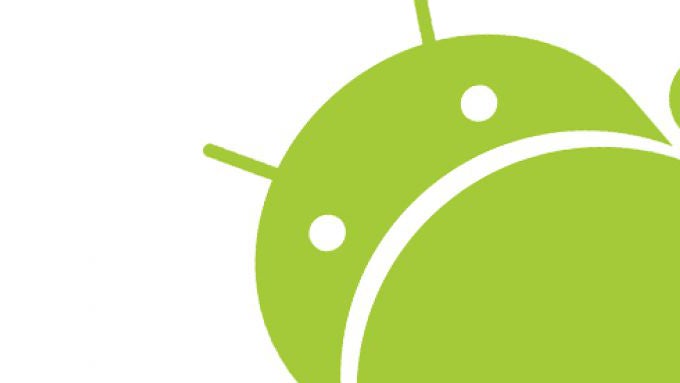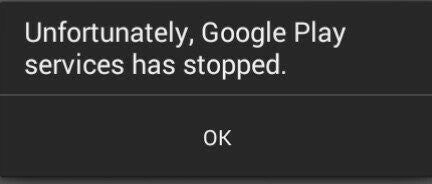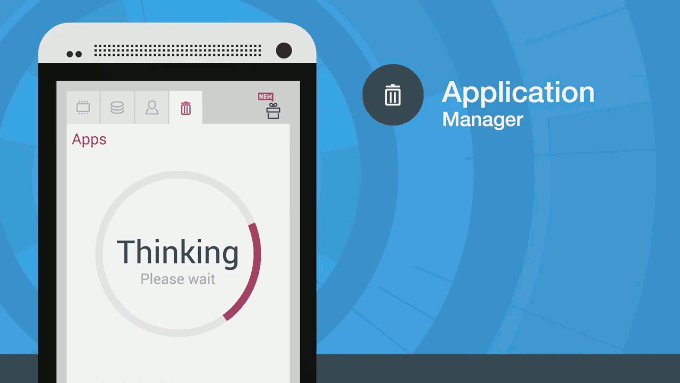Why I find it hard to recommend an Android handset nowadays
This article may contain personal views and opinion from the author.

Both groups of people respond the same when they are asked what they want out of their phone. “I just want it to be fast and to not turn into this after a couple of months” (person waves their old smartphone in the air). Further questioning will also flesh out requirements such as longer battery life, better camera, pleasing aesthetics.
The thing is that, while all of these devices are great now, there's no telling what will happen with their software after some months of usage and when their internal storage gets filled up. Also, considering that the customer pays premium price, I believe it fair that they should get the newest and best in terms of software for the duration of at least two years. No matter how awesome the newest Android flagships are, history tells us that this may not happen.
Updates
Let's look back for a second. Android 5 Lollipop was released around the end of October, 2014. Sony's most current (at the time) flagship – the Xperia Z3 – received the update in March. That's around 5 months after Nexus owners already had it and 2 months before the next version – Android M – was announced. Of course, Sony is not the only one who was behind, it's just one of the more extreme cases. Thing is that, with each manufacturer having its own skin and software features on top of Android, it just takes time to code and test everything. Add to that the different carrier models and you've got a cluster of confusion and mini issues that could take forever to be discovered and ironed out.
I see a lot of iPhone 4s units still in the wild. I rarely see any Galaxy S2 phones
And sure, iOS 8 may not run exceptionally well on the iPhone 4s and iPad 2, but the fact remains that both are 4-year old devices, and both are still kept current by Apple. They will even receive an update to iOS 9 — which is a support period longer than any Android handset can boast about having — and which will hopefully improve performance.
Erratic inconsistencies and unpleasant surprises
As previously mentioned, each Android model out there has a ton of variants – there's the worldwide unlocked version, there's a different version for each major carrier, and, in cases where the manufacturer is feeling particularly trollish, some models may have different SoC variants (looking at you, Samsung). In this case, it's only natural that there will be discrepancies and inconsistencies from one phone's software to the other, even if they bear the same name. Some will have buttons and options where the others have blank spaces, some will get updates faster, and some may just perform worse. How to figure out which the best variant is, you ask? A crystal ball is usually the best option.

This is all considering that I keep the phones I use relatively clean, with Greenify regularly used to put unused apps to sleep. As a techie, I can live with those issues, pick at them, and work towards eliminating them – I don't mind. But if I were to recommend a phone to anyone, and that person came back to me with similar complaints, I'd feel pretty silly and guilty.
Apps
The issue with differences between phones bleeds into app quality of experience. It's not uncommon for me to think “Will this app run as intended?” whenever I download something new from the Play Store. It has become a sort of a reflex throughout time and experience, if you will.

The Cleaner is one of the many tools made to keep rampant apps in check. Usefulness of cleaners is another discussion, but their popularity proves that users feel the need to have one
The best example I could give is the HTC Re camera app. Remember HTC's Re? It's a small action cam without a viewfinder that can connect to your phone via Bluetooth and allow you to view its photo stream, change modes, and, of course, see what the camera is seeing. Unfortunately, I could not get the Re to connect to the Galaxy Note Edge that I use as a daily driver, no matter what I tried. So, after hours of attempts, I just downloaded the Re app to an iPhone 6 and it worked from the first attempt. To be fair – the connection process was a bit more complicated on Apple's device, requiring me to swap between Settings and the app, but it didn't halt at any moment.
Developers can't possibly test their product across the dozens of flagship handsets
Sure, if an app doesn't run well on your Android handset, you can blame the developer. But really, how many developers have the resources and time to test their apps on each and every smartphone that's out there? To be fair, Google has announced that it will open up a Cloud Test Lab, allowing developers to run benchmarks on 20 of the most popular Android handsets. The plan is to help app makers provide a more consistent experience throughout all current flagships. This is great news, indeed, but it's not yet come to be.
There is also the fact that most apps and games still make it to the App Store months before they hit the Play Store – even Google's Hangouts 4.0 update went live for iOS first.
Final thoughts
There is a running theme across this article – the fact that so many Android handsets run on different hardware, and have a variable amount of mods installed on them, which causes some issues. “Well, just recommend a Nexus!” you might say. Fact is, I'd love to. Unfortunately, the Nexus 6 is a shovel of a phone, huge and hard to handle. Sure, it runs snappily with the vanilla Android on it, but its physical properties already locked it in the niche phablet group. In reality, each time I want to grab a vanilla Android handset, I reach for the good ol' Nexus 5. Unfortunately, Google discontinued that one, so, to put it in the words of fellow author Victor - “Android needs its iPhone”, and it needs it for the launch of Android M.

If you own a current Android flagship – awesome! I am not trying to challenge your purchase decision
Believe it or not, however, it's a hard task to say everything I've said so far. I realise that I may be challenging a certain amount of readers on their purchase decisions, but remember that this is all written in the context of having to recommend a phone to someone who is ambivalent in theirs. Many of this year's flagships – such as the Galaxy S6 / S6 edge, LG G4, Xiaomi Mi Note Pro – are stunningly looking devices that have their own unique thing to bring to the table. I sincerely hope that at least some of the manufacturers prove me wrong and provide solid support for their 2015 top-shelf handset, turning it into one of the best phones to have for the following two years. And, if this turns out to be the case, I'd love to sit down and write an article on “Why I love recommending Android handsets nowadays” in 2017.
First GIF taken from: The Cleaner app
Follow us on Google News












Things that are NOT allowed:
To help keep our community safe and free from spam, we apply temporary limits to newly created accounts: